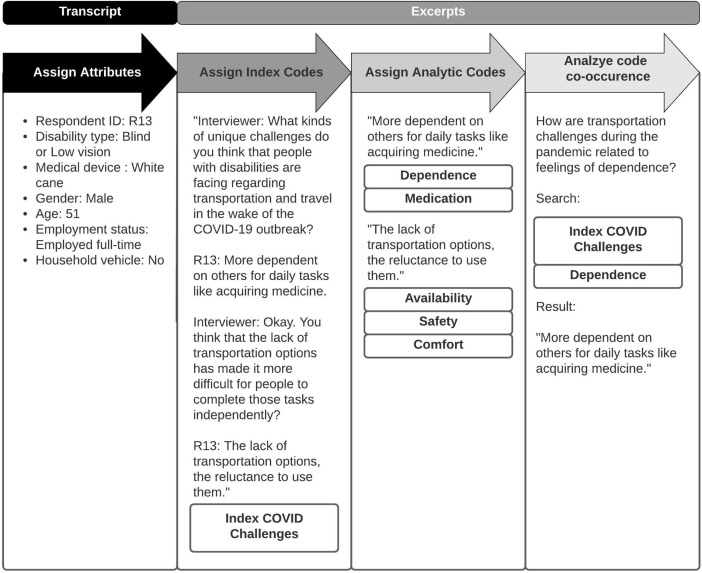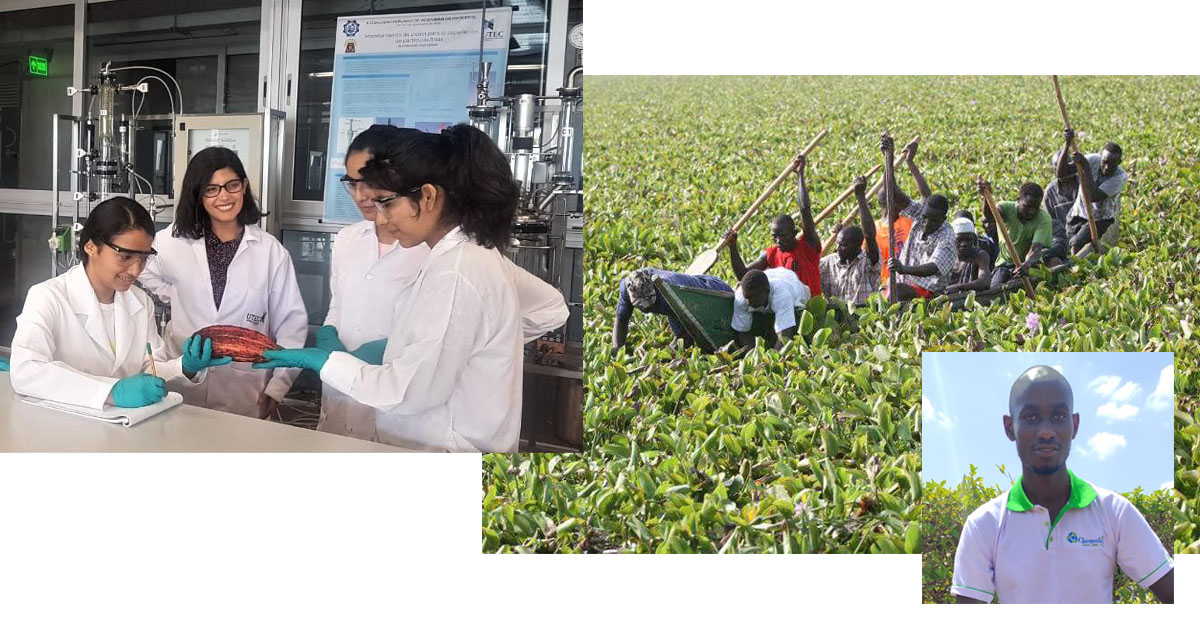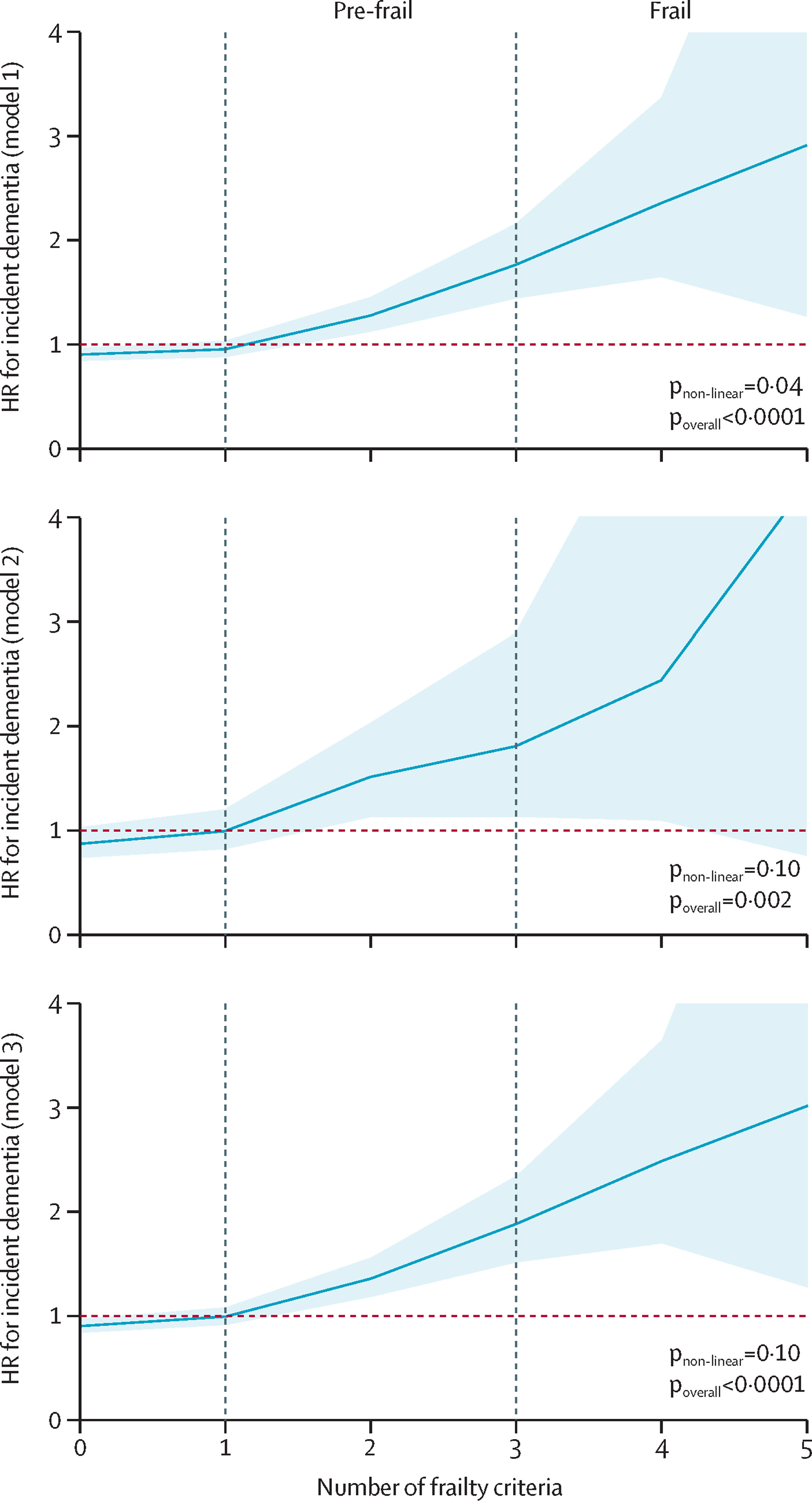Elsevier, Transportation Research Interdisciplinary Perspectives, Volume 8, November 2020
People with disabilities may be particularly vulnerable to the direct health effects of the COVID-19 pandemic as well as the wider impacts of the pandemic response. People with disabilities experience numerous barriers to using transportation to access essential goods, like fresh food, and services, like medical care, that are necessary for maintaining health. The pandemic and the pandemic response threaten to exacerbate persistent health disparities and add to transportation barriers that disadvantage people with disabilities.
Elsevier, The Lancet Global Health, Volume 8, November 2020
Background: 3 billion people worldwide rely on polluting fuels and technologies for domestic cooking and heating. We estimate the global, regional, and national health burden associated with exposure to household air pollution. Methods: For the systematic review and meta-analysis, we systematically searched four databases for studies published from database inception to April 2, 2020, that evaluated the risk of adverse cardiorespiratory, paediatric, and maternal outcomes from exposure to household air pollution, compared with no exposure.
Elsevier,
12th November 2020
This article highlights the winning proposals of the fifth edition of the Elsevier Foundation Green & Sustainable Chemistry Challenge. The winning proposals were chosen for their innovative green chemistry aspects and their large positive impact on the environment, contributing to SDGs 7, 8, 10, 12, 13, 14 and 15.
Elsevier,
Global Food Security,
Volume 27,
2020,
100442,
ISSN 2211-9124,
https://doi.org/10.1016/j.gfs.2020.100442.
This paper provides an overview of children and adolescents’ diet. Food systems need to be redesigned to improve diet quality in children 0-19 years in order to address the multiple burdens of malnutrition. Data systems also need to be strengthened to track data quality among children. This article advances knowledge on SDG 2 and 3.
Elsevier,
9th November 2020
In 2019, Dr. Ankur Patwardhan, Head of the Biodiversity Department at Maharashtra Education Society’s Abasaheb Garware College, Pune, India, was awarded the second prize in the Elsevier Foundation Green and Sustainable Chemistry Challenge. Contributing to SDGs 13 and 15, his project, “Butterfly attractant for pollination and ecosystem health”, focused on the plant-pollinator interactions that play a vital role in maintaining ecosystem balance and aimed at enhancing floral visits by butterflies through the development of natural attractant formulations. One year later, we interviewed Dr. Patwardhan about his experience at the Challenge, as well as the upcoming steps for his project.
Global Citizen, 26th October 2020
COVID-19 testing in Africa has so far been limited to larger cities because of how the tests are conducted, which means that it is far more difficult to test those in remote and rural areas where there are higher rates of poverty. The United Nations’ Global Goal 3 promotes good health and well-being for all, and this can only be achieved if all people in all places have access to health care and virus testing.




